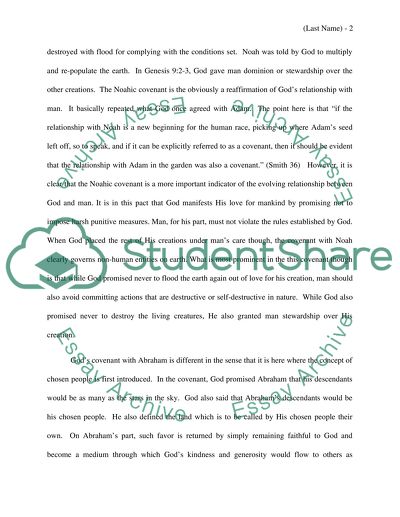Cite this document
(“The Covenants that God made with Noah, Abraham, Moses and David Essay”, n.d.)
Retrieved from https://studentshare.org/religion-and-theology/1431732-outline-and-differentiate-the-covenants-that-god
Retrieved from https://studentshare.org/religion-and-theology/1431732-outline-and-differentiate-the-covenants-that-god
(The Covenants That God Made With Noah, Abraham, Moses and David Essay)
https://studentshare.org/religion-and-theology/1431732-outline-and-differentiate-the-covenants-that-god.
https://studentshare.org/religion-and-theology/1431732-outline-and-differentiate-the-covenants-that-god.
“The Covenants That God Made With Noah, Abraham, Moses and David Essay”, n.d. https://studentshare.org/religion-and-theology/1431732-outline-and-differentiate-the-covenants-that-god.


